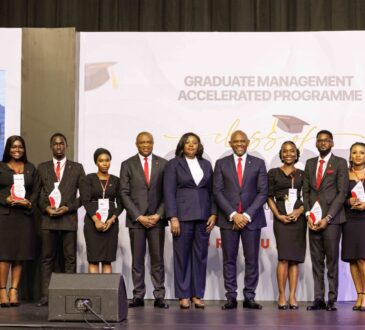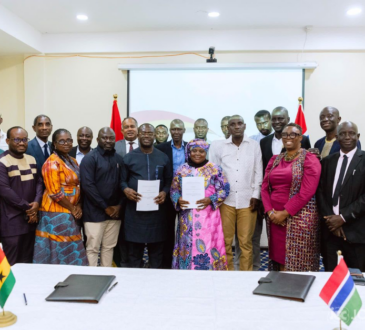
Abeku Gyan-Quansah, a tax partner at PwC Ghana, has expressed support for the government’s decision to utilize taxes on the foreign income of resident Ghanaians in order to address the GH¢1.8 billion revenue gap resulting from the suspension of the VAT on electricity.
According to the Ghana Revenue Authority (GRA), this initiative represents an extension and reinforcement of the existing tax framework outlined in the Income Tax Act 2015, Act 896, specifically in sections 3A and 111, which govern the taxation of worldwide income for resident companies and individuals.
In an interview with Business24/Investment Times conducted over the phone, Mr. Gyan-Quansah emphasized that if the measure is within the bounds of the law and complies with financial regulations, then it should be implemented.
“If we pass a law we need to implement it, unless it infringes the financial regulations”he noted.
The GRA has also indicated that the start of implementation, stating that the team is mobilising and drafting letters to be sent to individual account holders, which they may receive before May 2, 2024.
The GRA is targeting Ghanaians overseas who are not paying taxes, utilizing data from 70,000 accounts in 40 countries. Obtained through OECD agreements, this information-sharing initiative involves over 150 countries, including Ghana. Those failing to meet tax obligations will face penalties after a compliance window.
It would be recalled that Ghana Revenue Authority announced in December 2023 that e-hailing drivers and commercial vehicle owners would begin paying quarterly income taxes on January 1, 2024.
Ghanaian-based content creators and influencers who earn money on international platforms such as YouTube, X platform, and TikTok, among others, will now be required to pay taxes. This also extends to remote workers using platforms like Fiverr and Upwork.
The Government of Ghana has committed to a medium-term approach to revenue mobilisation with the aim of achieving a Tax-to-GDP ratio target of 18-20 percent and a Non-Tax-to-GDP ratio target of 4 percent, as set out in the 2023 Ghana National Revenue Policy (GNRP).
The objective is to reform the revenue system in a way that is conducive to growth, increases revenue productivity while improving efficiency and equitable distribution of the tax burden.
Tax revenue is the primary contributor of central government revenue and its potential to grow over the medium term was relevant in the development of the MTRS. At present, the tax system is affected by a high degree of informality and a large share of payments made in cash.
However, the government’s digitalisation efforts and the ongoing transformational initiatives at the GRA is expected to formalise a large section of the economy and government would be able to realise the needed revenue from the various activities within the country.
Economic outlook
Ghana is making important inroads to stabilize its economy, and continued program implementation beckons a brighter future.
IMF staff and the Ghanaian authorities have reached staff-level agreement on economic policies and reforms to conclude the second review of the 36-month ECF-supported program. Ghana will have access to about US$360 million in financing once the review is approved by IMF Management and formally completed by the IMF Executive Board.
Performance under the program has been generally strong, with most quantitative objectives met and key reforms implemented. The authorities’ strong policy and efforts have continued to yield positive results: economic growth is higher than initially expected; inflation has continued to decline; and both fiscal and external positions have improved significantly in 2023.
By Eugene Davis







